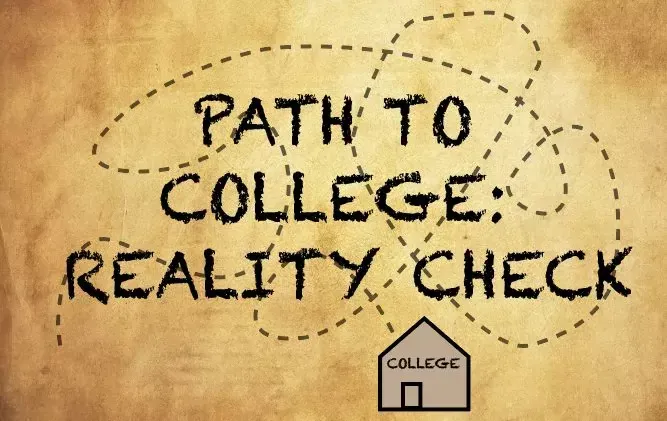Thinking of hiring an Independent Education Consultant?
Who? When? How?
Good gosh, one more thing to throw money at for your kid. Is there no end to the bleeding? Coaches. Tutors. Test prep. Physical therapy. Counseling. College Coach. What???
As the mother of three daughters, I understand the financial pain associated with raising children and yes, it’s true, the older they get, the more expensive their “toys” get. But just as true is the fact that we live in an insanely competitive culture that threatens to drive us all into the ground, not just emotionally, but financially. Where do we draw the line?
This is a tough question and the answers are deeply personal. The struggle is real. After raising three kids, I pretty much only know one thing for sure. Every family needs to do what works for them and be steadfast in their dismissal of all the outside “chatter”.
This rule of thumb applies to nearly everything. As parents, we simply cannot succumb to the perception of perfection and the unattainable ideal as seen in our daily Facebook feed. Parents must be damn sure they’re not living vicariously or otherwise through their children because the results are almost always disastrous.
When deciding whether to hire an IEC, families need to get real with what is important to them . They also need to embrace the whole “we don’t know what we don’t know” philosophy. Higher education is a privilege and an enormous investment. Seek a competent and compassionate expert to guide you through the process and the rest will work itself out. I promise.
Here are my top Do’s and Don’ts on working with an IEC.
Who.
1. Interview one or more professionals. The IEC and the student need to fit. They’ll be spending quite a bit of time together and if personalities clash, the process and outcome will suffer.
2. Make sure the IEC is competent and qualified . Having helped their own child through the college process does not make one an expert in college admissions. The college process is very much a “moving target” and an IEC who is an expert in their field gets this. It’s not enough to know the basics.
3. Working with an IEC that is a member of one or more professional organizations is crucial. We are governed by the National Association of College Admissions Counselors (NACAC) Statement of Principles of Good Practice and as a NACAC member are bound by these stringent ethical codes. Other professional organizations include: Higher Education Consultants Association (HECA), and Independent Education Consultants Association (IECA).
4. A Board Certified Educational Planner (CEP) is the highest standard for an IEC and signifies their level of education and experience.
When.
1. The vast majority of my clients come in to my practice as sophomores and even freshmen . For years, I fought taking in students at this early stage but have found that the parents really appreciate having me “in house” for what is coming. Thus, at this stage, much of the guidance is for the parents with the shift to the student, taking place a bit later.
2. Time is a luxury and that holds true for college planning. The more time we have to discover the student's needs, wants, special talents, and financial requirements – the better. That said it is best to have your IEC in place by the summer prior to junior year.
How.
1. Consider your family’s priorities, especially siblings. Have frank and frequent discussions about college expectations, especially the financial realities.
2. Vet the IEC and interview them, with your student.
3. Be open and honest with what your family needs and wants. What does a successful outcome look like to you?
4. Make a list of questions and be prepared to discuss your concerns, fears and expectations.
5. What is the basic timeline for the entire process? Does the IEC advise on financial aid, FAFSA and scholarship searches?
6. Make sure your IEC has a detailed contract outlining the responsibilities and expectations of each party.
7. Does your IEC have a solid grip on the ROI ?
The cost of a 4-year degree, in the United States is significant. In fact, it is likely the second largest investment a family will make, second only to their mortgage. When thought of in these terms, it becomes incredibly important that the family make informed and educated decisions. This is where the value of the IEC simply cannot be overstated.
Working with an IEC often leads to tremendous savings in the college investment. Not to mention the beautiful restoration of peace to your home and if that’s not valuable, I don’t know what is.











